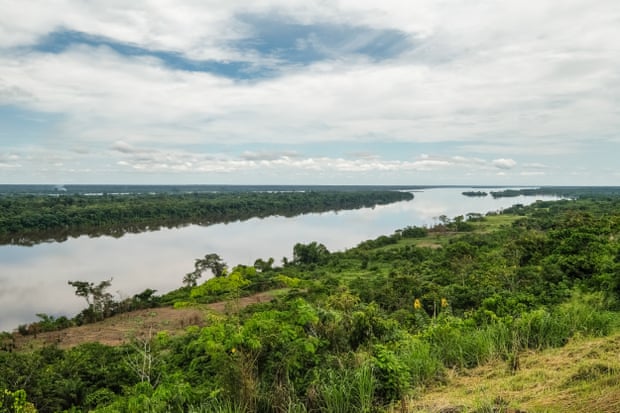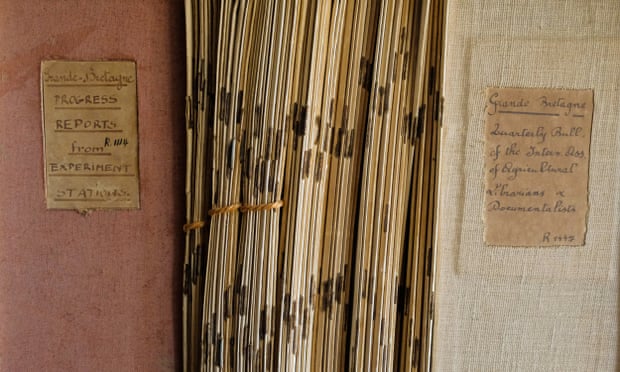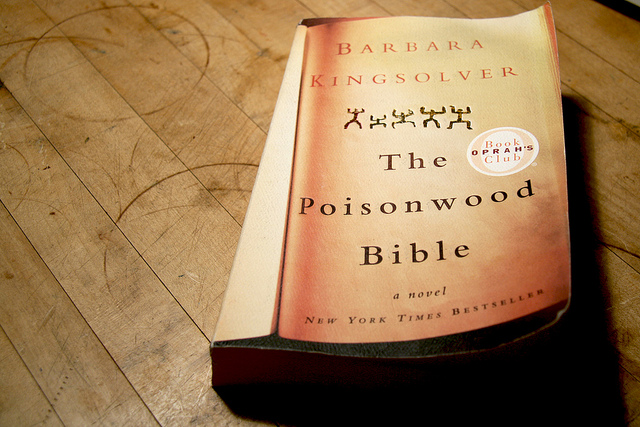
The Congo River
In one of the congregations I served as a minister there was an elderly woman who had served as a nurse in the Congo through the United Church of Canada. I had known her for years because she is a dear friend of my mother but I didn't know her story well until I was her pastor. She ended up marrying a Congolese man and had two children who grew up in Canada. Before she left she endured abuse from her husband, who had mental health issues. He also took a second wife, as was the custom in his region, but definitely not the practice of small town Ontario, where she grew up.
She loved the novel The Poisonwood Bible, by Barbara Kingsolver and led a discussion group about it at the church. It tells the story of a missionary family from the US who go to the Belgian Congo in the 1960's to spread the gospel. It gives insights into the perils and pitfalls of colonialism, both political and religious.
I thought of our family friend and the novel when I read about a trove of decaying notebooks discovered at a derelict research station found in the jungle of what had been the Belgian Congo. Yangambi Biological Station was once Africa’s leading forest and agriculture research institution and in the 1930's careful records were kept about tree growth.

We now know that jungles such as the Congo forest play a critical part in controlling the rate of global warming; vegetation sucks up about 25% of the carbon dioxide we spew out of our tailpipes and smokestacks. But research shows the tropical carbon sink is no longer as effective as it once was. Using sophisticated technology it will be possible to establish a comparison between the research of eighty years ago and the information gathered today. Colonialism was destructive in so many ways, including the exploitation of resources but this may give some clues to help address climate change.
Read the article and read The Poisonwood Bible, which I really should do again. Go to just about any church book sale and you'll find a copy!
https://amp.theguardian.com/environment/2017/sep/22/long-lost-congo-notebooks-shed-light-how-trees-react-to-climate-change

No comments:
Post a Comment